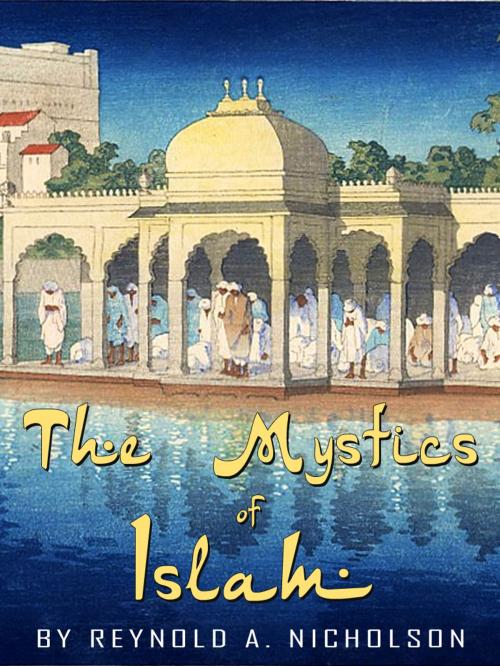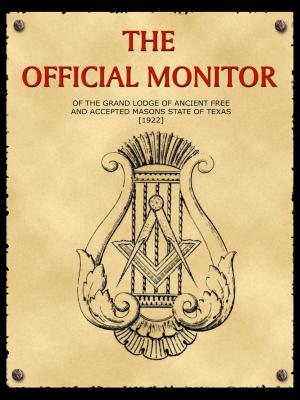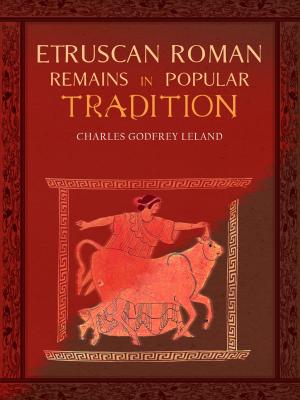The Mystics Of Islam
Nonfiction, Religion & Spirituality, New Age, Mysticism, Middle East Religions, Islam, Theology| Author: | Reynold A. Nicholson | ISBN: | 1230000101257 |
| Publisher: | AppsPublisher | Publication: | January 20, 2013 |
| Imprint: | Language: | English |
| Author: | Reynold A. Nicholson |
| ISBN: | 1230000101257 |
| Publisher: | AppsPublisher |
| Publication: | January 20, 2013 |
| Imprint: | |
| Language: | English |
The Mystics of Islam
by Reynold A. Nicholson.
The title of this book sufficiently explains why it is included in a Series 'exemplifying the adventures and labours of individual seekers or groups of seekers in quest of reality.' Sufism, the religious philosophy of Islam, is described in the oldest extant definition as 'the apprehension of divine realities,' and Mohammedan mystics are fond of calling themselves Ahl al-Haqq, 'the followers of the Real.' {Al-Haqq is the term generally used by Sufis when they refer to God.}
"Islam is a monotheistic Abrahamic religion originating with the teachings of Muhammad, a 7th century Arab religious and political figure. The word Islam means "submission", or the total surrender of oneself to God. An adherent of Islam is known as a Muslim, meaning "one who submits (to God)". There are approximately 1.61 billion Muslims, making Islam the second-largest religion in the world, after Christianity.
Muslims believe that God revealed the Qur'an to Muhammad, God's final prophet, and regard the Qur'an and the Sunnah (words and deeds of Muhammad) as the fundamental sources of Islam. They do not regard Muhammad as the founder of a new religion, but as the restorer of the original monotheistic faith of Abraham, Moses, Jesus, and other prophets. Islamic tradition holds that Jews and Christians distorted the texts God gave to these prophets by either altering the text, using a false interpretation, or both.
Islam includes many religious practices. Adherents are generally required to observe the Five Pillars of Islam, which are five duties that unite Muslims into a community. In addition to the Five Pillars, Islamic law (sharia) has developed a tradition of rulings that touch on virtually all aspects of life and society. This tradition encompasses everything from practical matters like dietary laws and banking to warfare.
Almost all Muslims belong to one of two major denominations, the Sunni and Shi'a. The schism developed in the late 7th century following disagreements over the religious and political leadership of the Muslim community. Roughly 85 percent of Muslims are Sunni and 15 percent are Shi'a. Islam is the predominant religion throughout the Middle East, as well as in parts of Africa and Asia. Large communities are also found in China, the Balkan Peninsula in Eastern Europe and Russia. There are also large Muslim immigrant communities in wealthier and more developed parts of the world such as Western Europe. About 20 percent of Muslims live in Arab countries."
The Mystics of Islam
by Reynold A. Nicholson.
The title of this book sufficiently explains why it is included in a Series 'exemplifying the adventures and labours of individual seekers or groups of seekers in quest of reality.' Sufism, the religious philosophy of Islam, is described in the oldest extant definition as 'the apprehension of divine realities,' and Mohammedan mystics are fond of calling themselves Ahl al-Haqq, 'the followers of the Real.' {Al-Haqq is the term generally used by Sufis when they refer to God.}
"Islam is a monotheistic Abrahamic religion originating with the teachings of Muhammad, a 7th century Arab religious and political figure. The word Islam means "submission", or the total surrender of oneself to God. An adherent of Islam is known as a Muslim, meaning "one who submits (to God)". There are approximately 1.61 billion Muslims, making Islam the second-largest religion in the world, after Christianity.
Muslims believe that God revealed the Qur'an to Muhammad, God's final prophet, and regard the Qur'an and the Sunnah (words and deeds of Muhammad) as the fundamental sources of Islam. They do not regard Muhammad as the founder of a new religion, but as the restorer of the original monotheistic faith of Abraham, Moses, Jesus, and other prophets. Islamic tradition holds that Jews and Christians distorted the texts God gave to these prophets by either altering the text, using a false interpretation, or both.
Islam includes many religious practices. Adherents are generally required to observe the Five Pillars of Islam, which are five duties that unite Muslims into a community. In addition to the Five Pillars, Islamic law (sharia) has developed a tradition of rulings that touch on virtually all aspects of life and society. This tradition encompasses everything from practical matters like dietary laws and banking to warfare.
Almost all Muslims belong to one of two major denominations, the Sunni and Shi'a. The schism developed in the late 7th century following disagreements over the religious and political leadership of the Muslim community. Roughly 85 percent of Muslims are Sunni and 15 percent are Shi'a. Islam is the predominant religion throughout the Middle East, as well as in parts of Africa and Asia. Large communities are also found in China, the Balkan Peninsula in Eastern Europe and Russia. There are also large Muslim immigrant communities in wealthier and more developed parts of the world such as Western Europe. About 20 percent of Muslims live in Arab countries."















